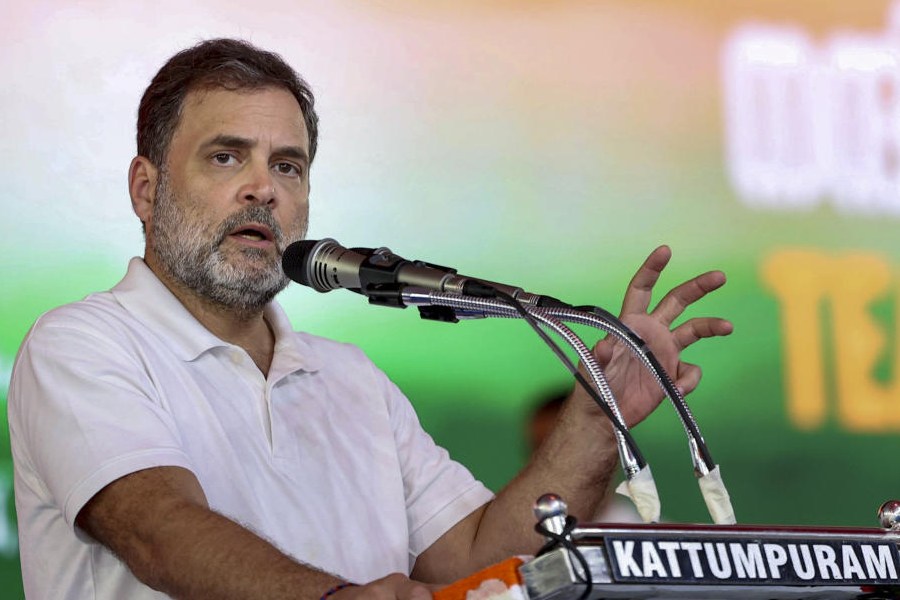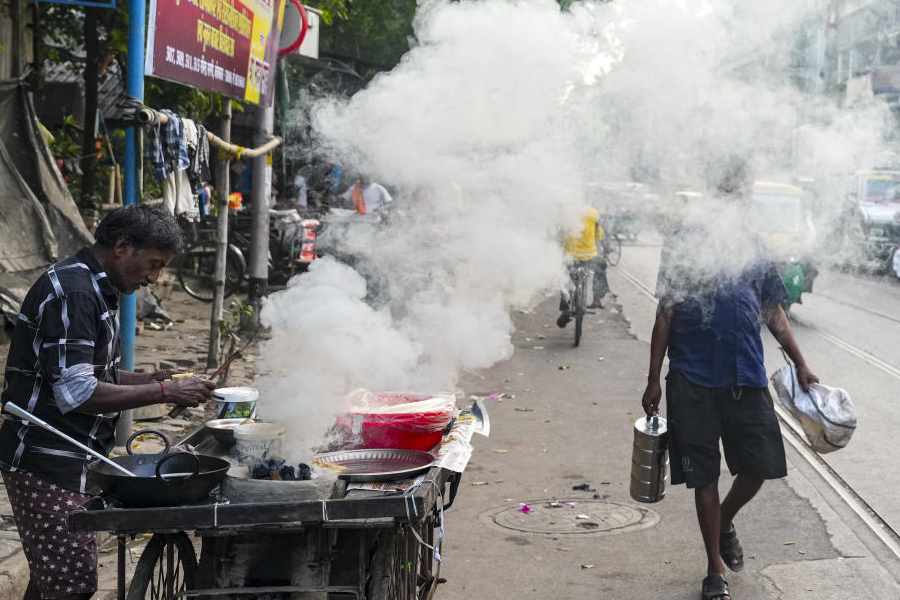Whether it is a tractor or a car, a motorbike or an autorickshaw, when a consumer buys a new vehicle, the expectation is that it would give trouble-free service. However, when such hopes are belied and the vehicle becomes a source of irritation on account of manufacturing defects, it is only fair that the manufacturer replace the defective vehicle or if by then the consumer has lost confidence in that particular brand or model, refund the cost of the vehicle.
Unfortunately, despite several apex consumer court rulings to this effect, manufacturers do not seem to have understood the rights of the consumers or the responsibilities of the manufacturers vis-à-vis defective vehicles. In the case of Vinoo Bhagat vs General Motors (First Appeal No. 150 of 1998, decided on Jan 30, 2003) the apex consumer court laid down certain clear criteria for replacement of a defective car.
(1) “If the car is defective and its use is substantially impaired, a consumer can seek replacement”. (2) “When reasonable opportunity had been given to the respondents (manufacturers /service centres) to repair the car and yet there is a failure, it would certainly be a case for refund or replacement”. The case pertained to a defective Opel Astra. Then in the case of A.Raja Rao vs M/s Mysore Auto Agencies, (First Appeal No. 455 of 1997), the apex consumer court expressed displeasure at manufacturers who persisted in repairing a new, defective vehicle, instead of giving a refund or a defect-free replacement. Said the commission in this case, pertaining to a defect in a Swaraj Mazda light commercial vehicle: “It is regrettable that we have developed a tendency not to replace the defective vehicles”.
Now, in the case of M/S Hyundai Motors India vs M/S Affiliated East West Press (Revision Petition No. 958 of 2007, decided on November 29, 2007) the National Consumer Disputes Redressal Commission has gone one step further and held that where a consumer experiences problems with a vehicle just a couple of months from the date of purchase and the manufacturer is unable to rectify them, even if those problems are not major, the manufacturer has to give a replacement or a refund.
It has also deplored in this order, the tendency of manufacturers to indulge in protracted litigation instead of accepting that there are defects in a particular vehicle and offering the consumer a replacement or a refund. In this case, it upheld the order of the consumer court at the state level, directing the manufacturer to refund the cost of a defective Hyundai Accent (diesel) sold to the consumer and also pay Rs 25,000 as compensation.











